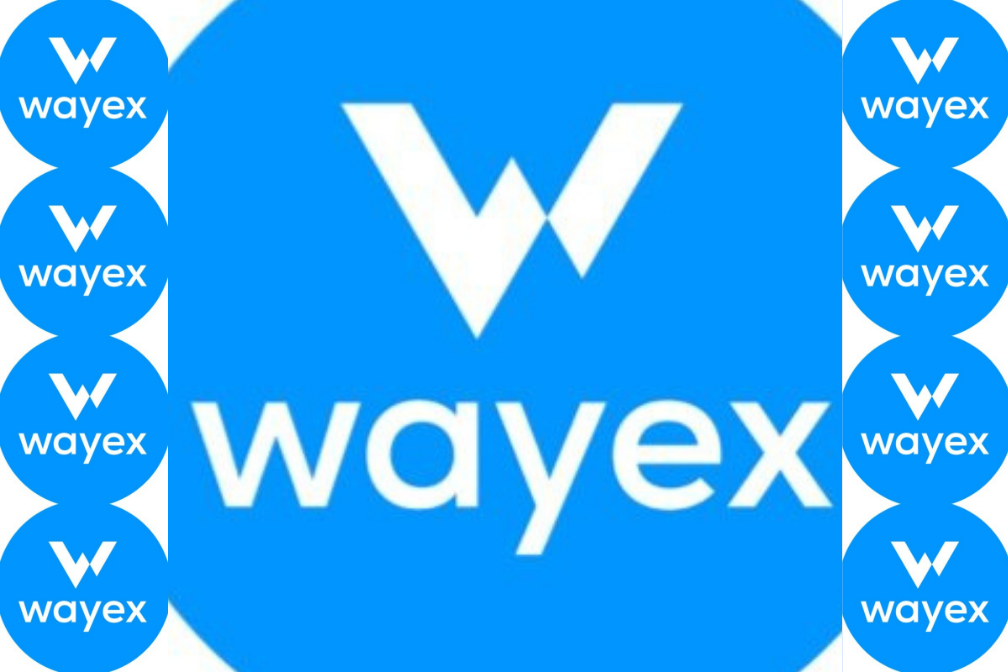Unravelling the Intricacies of Blockchain Technology in the Cryptocurrency Sphere
- Written by Cryptologic

Blockchain technology serves as the foundation for cryptocurrencies like Bitcoin, Ethereum, and numerous others.
It is a distributed ledger system that offers a transparent and secure method for recording and verifying transactions.
This technology holds the potential to revolutionise the way we conduct business, and in this article, we will delve deeper into the workings of blockchain technology in the realm of cryptocurrency.
Understanding Blockchain Technology Blockchain technology is a decentralised, digital ledger that records transactions in a transparent and secure manner. It employs cryptographic algorithms to generate a unique digital signature for each transaction, rendering it virtually impossible to tamper with or forge records.
In a blockchain network, every participant possesses a copy of the ledger, and each transaction is verified by multiple nodes within the network. This verification process, known as "mining," involves solving intricate mathematical equations to confirm the transaction and incorporate it into the blockchain.
The Role of Blockchain Technology in Cryptocurrency Blockchain technology forms the bedrock of cryptocurrency, and it is employed to establish a transparent and secure system for documenting transactions.
Let's examine this process more closely.
Initiating Transactions: The first stage in the blockchain process involves initiating a transaction. This could entail transferring cryptocurrency from one wallet to another or purchasing goods or services using cryptocurrency.
Verifying Transactions: Upon initiating a transaction, it is broadcast to the network of nodes within the blockchain. These nodes then employ cryptographic algorithms to verify the transaction, ensuring its validity and absence of fraud.
Grouping Transactions into Blocks: Once a transaction is verified, it is grouped with other transactions to form a block. Each block contains a unique digital signature, known as a "hash," which is generated using cryptographic algorithms to guarantee the block's integrity.
Incorporating Blocks into the Blockchain: After creating a block, it is incorporated into the blockchain in a specific sequence. This order is determined by the unique digital signature of each block, ensuring that blocks are sequentially and unalterably added to the blockchain.
Updating the Blockchain: As new blocks join the blockchain, the ledger is updated, and the transaction history lengthens. This results in a permanent and unchangeable record of all transactions that have transpired on the blockchain, accessible to anyone within the network.
The Benefits of Blockchain Technology in Cryptocurrency Blockchain technology offers several advantages in the cryptocurrency sphere, including:
Transparency: Blockchain technology delivers a transparent and secure method for recording and verifying transactions, rendering it virtually impossible to tamper with or forge records.
Security: Owing to the use of cryptographic algorithms to generate unique digital signatures for each transaction, blockchain technology is highly secure and resistant to hacking and fraud.
Decentralisation: Blockchain technology is a decentralised system, meaning that no single entity or organisation controls the network. This makes it more resilient to attacks and failures.
Efficiency: Blockchain technology eliminates the need for intermediaries such as banks and payment processors, resulting in faster and more cost-effective transactions.
In Conclusion Blockchain technology is a ground-breaking innovation with the potential to transform the way we conduct business. It offers a transparent and secure method for recording and verifying transactions, making it an ideal match for the world of cryptocurrency. As the technology continues to evolve, we can anticipate even more exciting developments in the realms of blockchain and cryptocurrency.






